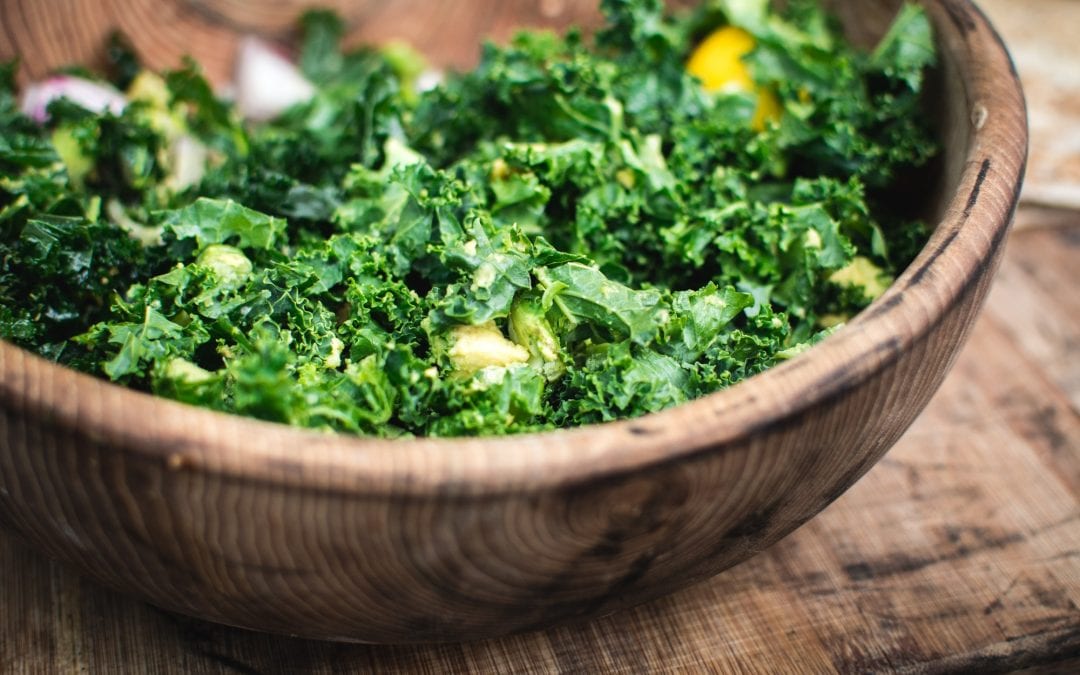You’ve probably heard of vitamin K before, but do you know what is does for you? The health benefits of vitamin K are numerous! Let’s take a look at what vitamin K is and what it can do for your body!
What is vitamin K?
Vitamin K is a fat-soluble vitamin that plays a major role in blood coagulation, or blood clotting. It is also important to modifying proteins and regulating calcium, thus strengthening your bones and softening stiff arteries. This vitamin is unique in that it isn’t just a single vitamin. It’s actually a group of compounds, the most important of which are vitamin K1 and vitamin K2.
Vitamin K1 is found in leafy greens like kale and spinach and is also found in some other vegetables. Vitamin K2 is largely found in meats, cheeses, eggs, and synthesized by bacteria. Vitamin K1 is most popular when it comes to vitamin K supplements.

Why is vitamin K important?
Vitamin K plays a big role in helping the blood clot. Low levels of vitamin K can increase risk of uncontrolled bleeding. Vitamin K deficiencies impair blood clotting in adults rarely, but is much more common in newborns. Newborns often get vitamin K injections that help ensure that the baby’s blood coagulates properly.
Vitamin K deficiencies are uncommon, but you may be at risk if you:
- Have Crohn’s disease, celiac disease, or any other disease that involves the digestive track
- Drink alcohol
- Are severely malnourished
- Take drugs that interfere with vitamin K absorption
How should I take vitamin K?
Most people get enough vitamin K in their diets and don’t need to take a supplement. If you have a deficiency and need to get more vitamin K in, consider adding kale (cooked), mustard greens (cooked), swiss chard (raw), collard greens (cooked), spinach (raw), broccoli (cooked), brussels sprouts (cooked), cabbage (cooked), chicken, beef liver, or pork chops to your diet. Not only will you be getting more vitamin K, but you’ll also be adding more key nutrients to your body!
If you’re still not getting enough with your diet, you can add a vitamin K supplement into your daily routine. Which form of vitamin K should be supplemented and how much is specific for each individual. Talk with your healthcare professional to find an appropriate supplement that will work for you.
Conclusion
Vitamin K is a vital vitamin that is important for many processes in your body, the most important being blood coagulation. If you have a vitamin K deficiency, eat more foods that are high in vitamin K or take a supplement with your doctor’s consent. The health benefits of vitamin K are important!

